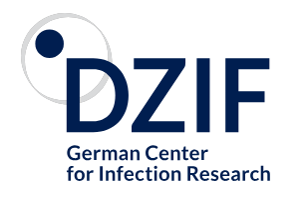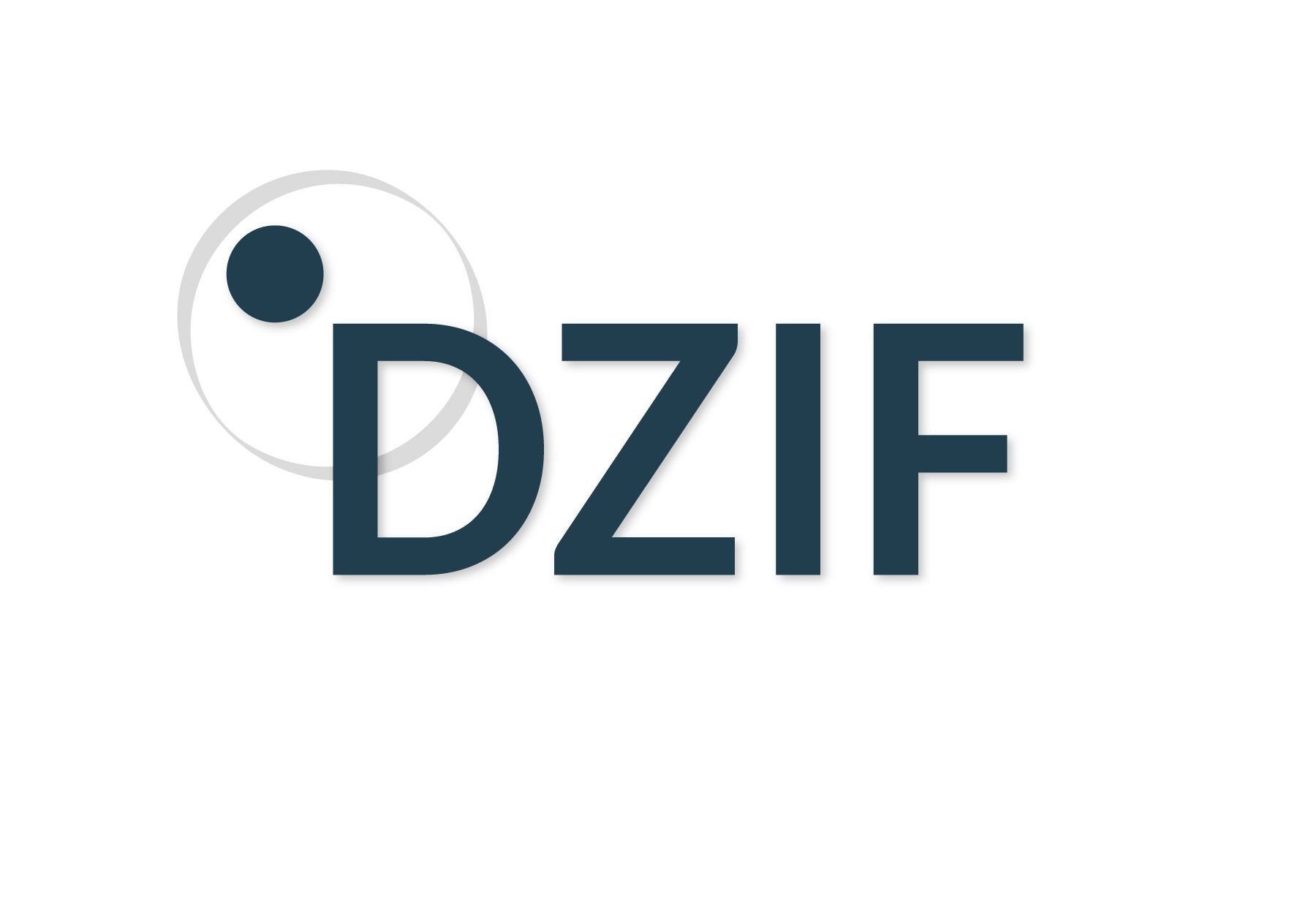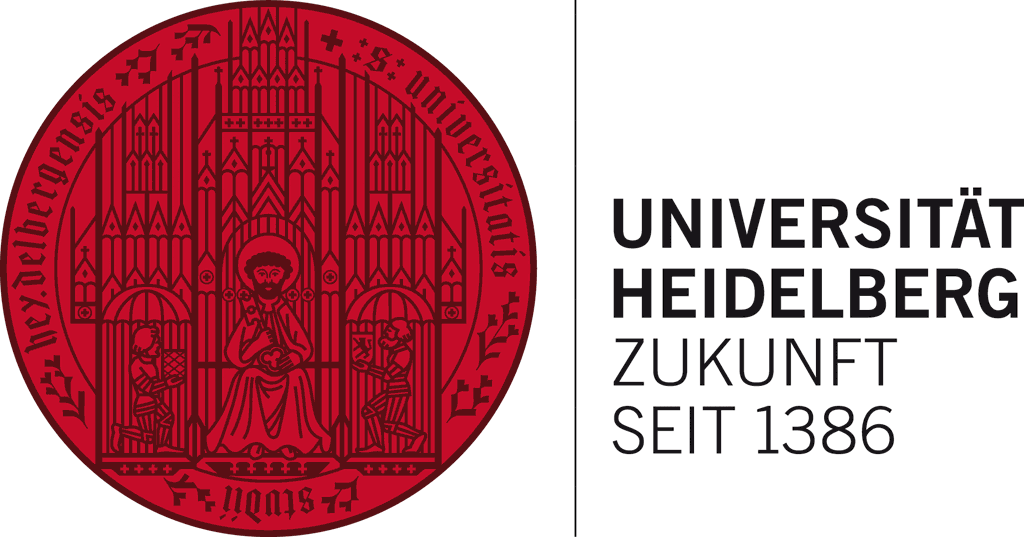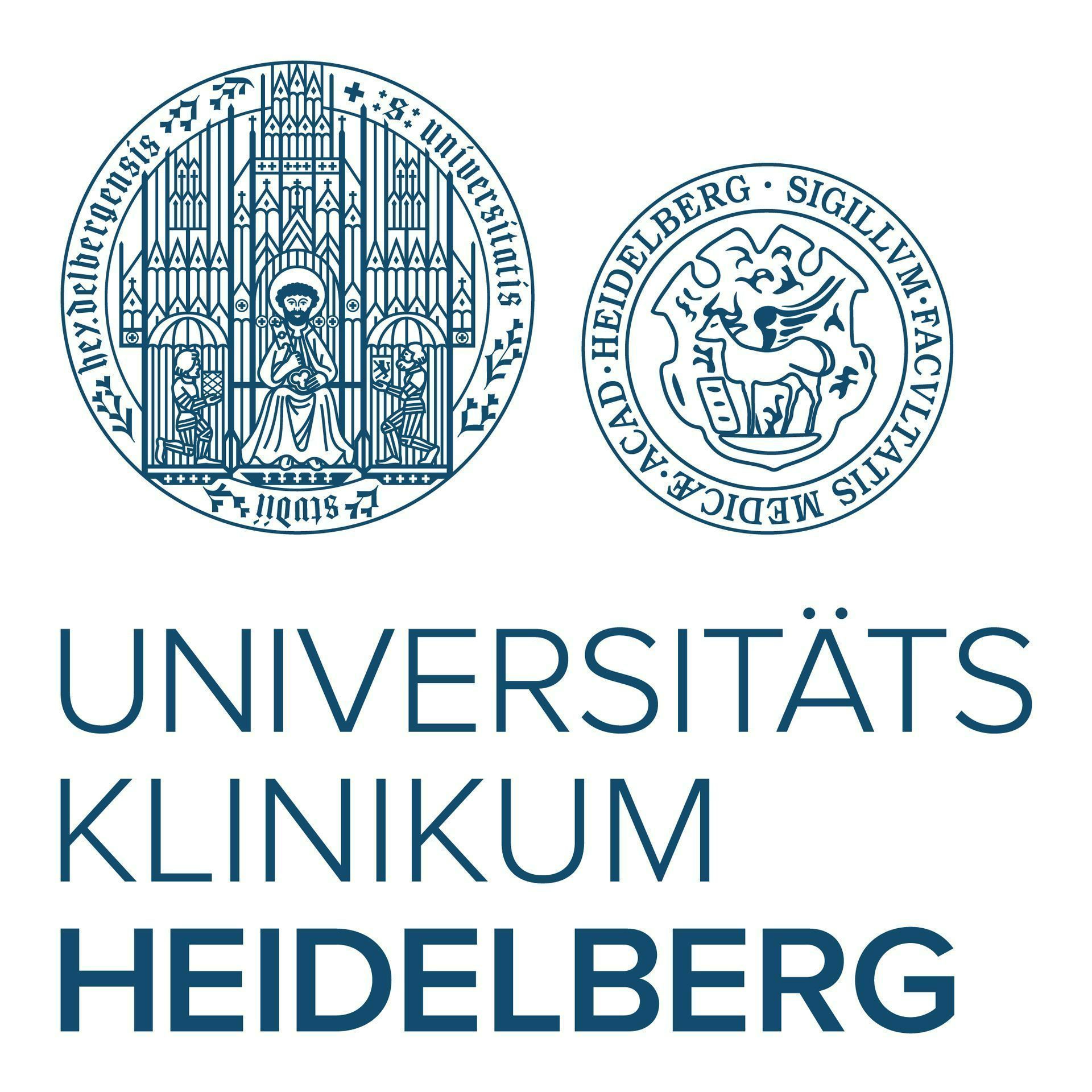TTU 05.821
"Hepatitis C Control: Towards prophylaxis and identification of those in need of treatment"
Short Summary
Chronic hepatitis C virus (HCV) infection affects about 71 million individuals worldwide and it is responsible for approx. 400.000 deaths annually. However, novel, curative therapies have improved treatment options and therefore, identification of patients in need of treatment is of utmost importance. In addition, given the high risk of re-infection, development of a prophylactic vaccine is urgently needed to address the global HCV disease burden. While potent and broad T-cell and antibody responses have been associated with natural clearance of HCV infection, molecular details of the interplay between these major effector arms and the determinants controlling robust induction of protective immune responses are elusive. Moreover, clinical stage HCV vaccination approaches are of modest immunogenicity, but we still lack sufficient understanding of the efficient immune escape of HCV from neutralizing antibody response to overcome this major roadblock. Within this collaborative project, we are involved in the development of a prophylactic HCV vaccine by gaining information about and exploring HCV E1-E2 focused, vector- or protein-based vaccination approaches to prevent persistent HCV infection. In addition, we are currently analyzing two viral escape strategies: the decoration of HCV particles with lipoproteins and the escape from neutralization by virion-independent spread of viral RNA. In addition, we established a novel protocol for the cultivation of new HCV isolates from patients in cell culture to perform neutralization assays and are currently performing bioinformatics analyses to generate consensus sequences of the most important HCV genotypes and subtypes (gt1a, gt1b, gt3a) to be used as T-cell epitopes encoded within a mRNA-based vaccine.
Highlights
- A novel protocol for the cultivation of new HCV isolates from patients in cell culture to perform neutralisation assays measuring humoral protection against HCV infection (Heuss, Rothaar et al., 2022. Plos Pathogens 18(6):e1010472)
- Identification of a molecular signature of T cell exhaustion that is maintained as a chronic scar in HCV-specific CD8 T cells (Hensel et al., 2021. Nat Immunol 22(2):229-239)
- Deciphering the virologic factors why neutralizing antibody responses develop only poorly and devising ways to overcome this
DZIF Partner Site Heidelberg


Contact Info
Phone: ( 49) 6221 - 56 310787
dzif.heidelberg@med.uni-heidelberg.de
Department of Infectious Diseases
In Neuenheimer Feld 344
69120 Heidelberg, Germany






